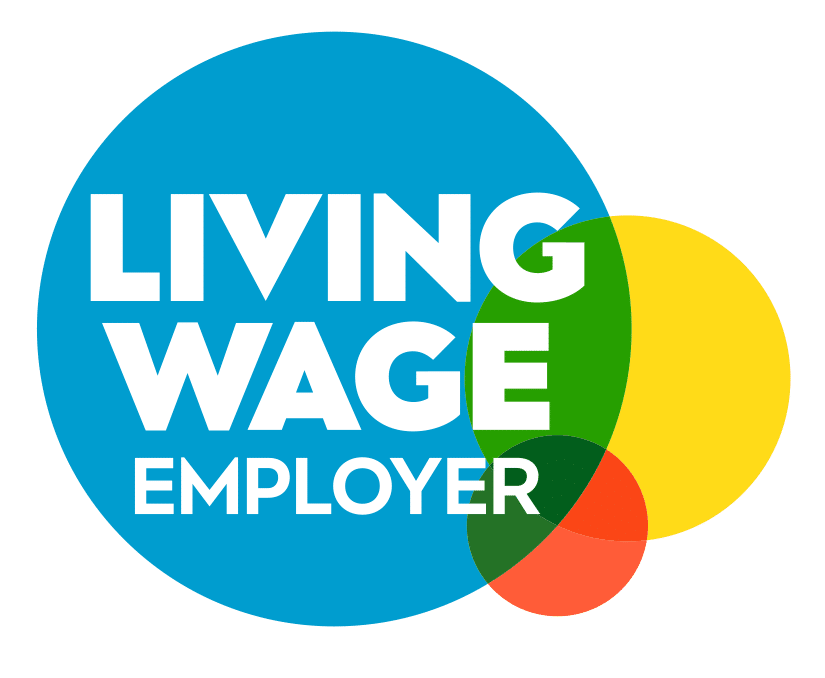The cost-of-living crisis is having an impact on the UK economy, with around 4 in 10 UK businesses reporting an increase in the cost of supplies, goods or services. When coupled with a rise in energy prices, around ¼ of UK businesses were predicted to raise the price of their goods and services in the first quarter of this year (www.ons.gov.uk, 2023). Households and businesses are under more pressure than ever to save money and allocate funds wisely, impacting choice and further affecting expectations when committing to spending.
Many of our clients have seen significant NPS (Net Promotor Score) declines and have observed a continuing shift towards more frequently unhappy satisfaction ratings. We have noted an upsurge in enquiries from overseas organisations who want to investigate potential market share to capitalise on the UK’s crisis. On the other hand, many UK businesses are exploring competitor activity in the hope of identifying weaknesses and opportunities. Brand health and brand equity are also becoming increasingly popular performance measurements as companies seek to respond quickly to changing economies with easy and often temporary fixes.
However, ongoing economic challenges and changes in customer behaviour are potentially causing businesses to overlook a valuable and easily accessible resource. Customers are fantastic experience-rich assets, and customer insight remains a tried and tested method of gaining valuable information. Contrary to popular belief, customers can also provide data relating to competitor activity, market position, and brand sentiment.
In a cost-of-living crisis, it may seem logical to make use of secondary data, statistics, or other simple sources of information to reduce spend. Secondary data is information that was collected or assembled for another purpose, and often a past purpose.
Whilst it is tempting to purchase existing data, we cannot always guarantee the quality of that data, nor can we verify that bias did not exist during its collation. Secondary data can lack reliability and may not be entirely applicable to your sector or niche. It is tempting to purchase secondary data, as it often promises to answer your questions. Yet over our 20 years of experience, we have seen many clients who feel that their money has been wasted, and instead of having questions answered, they have many more unanswered.
Primary research is the key to securing future brand loyalty, and by going straight to the source, customer research creates an open dialogue that allows for new behaviours to be revealed. As ever, we want to gather the very best information to help our customers thrive, and often your customers will have the same sentiment, ultimately wanting you to provide them with the very best service.
Within academic research, it is good practice to qualify secondary data claims with further primary research. Often theorists begin studies with literature reviews to assess gaps in knowledge before commencing primary research, where they will test assumptions and explore new themes. This too applies to business research where secondary data is used to support primary research.
As always, we recommend maximising market research budgets by adopting the most effective research method. In practice, this means going straight to the source of information, which is very often your customers. Customers appreciate contact in times of increased pressure or crisis as it adds to a sense of care and duty. Whether you have the time to commit to a full customer survey or simply want to measure your Net Promotor Score or Brand Health, your customers are the greatest source of intel and should not be overlooked.
If this topic is a point of interest for you or your business please get in touch.

Dr Gemma Mackman
Research Director
Dr Gemma Mackman is co-founder and Research Director of the Mackman Group. Her professional career has given her a broad knowledge of business practices, an appreciation of good customer service and experience of a diverse range of sectors. Gemma is also a member of the Market Research Society and has completed research training provided by the Economic and Social Research Council.
More About GemmaWhat Our Clients Say

Case Studies
See how our insight makes a measurable difference.
Our latest Blog Posts
From research tips to industry updates.






